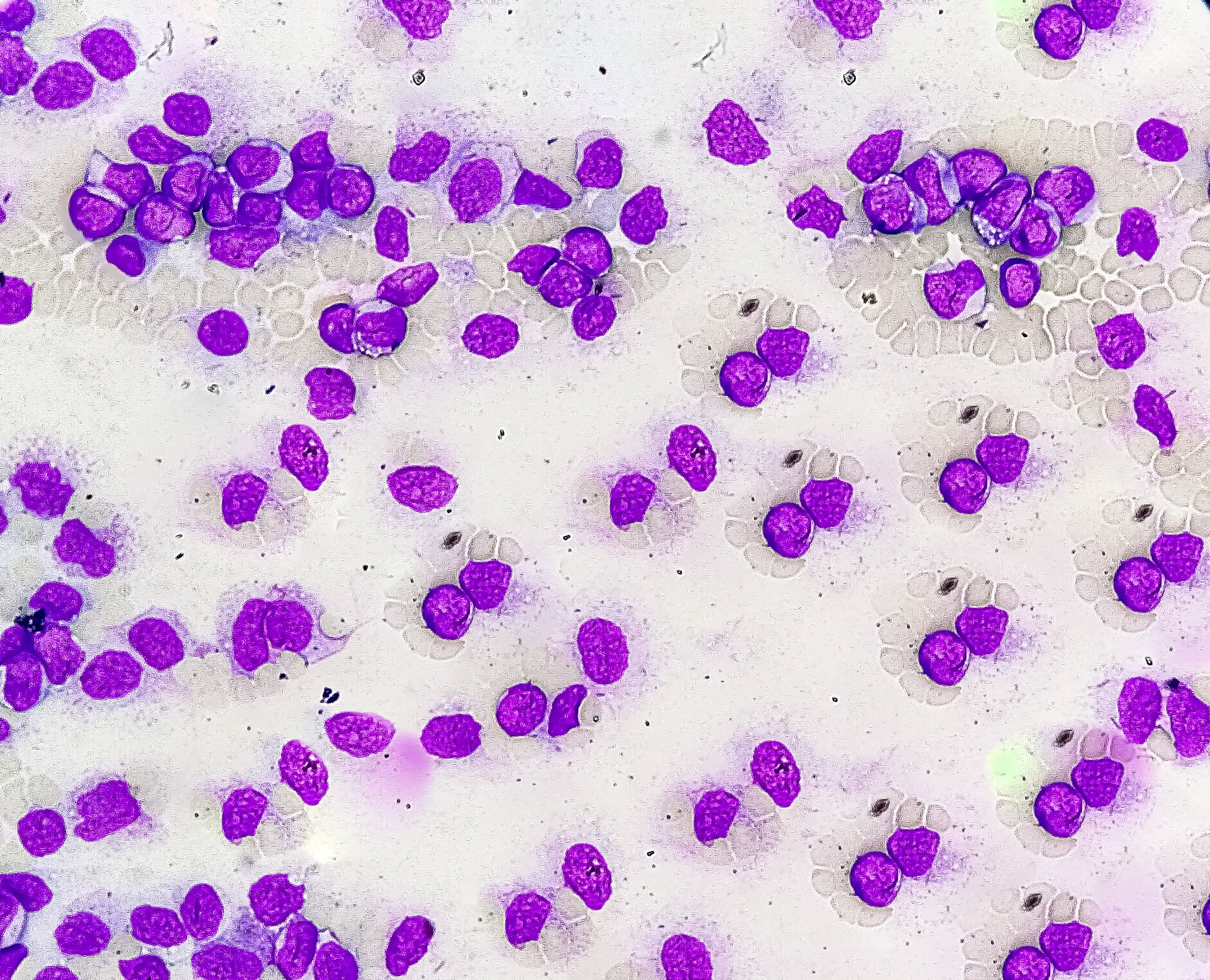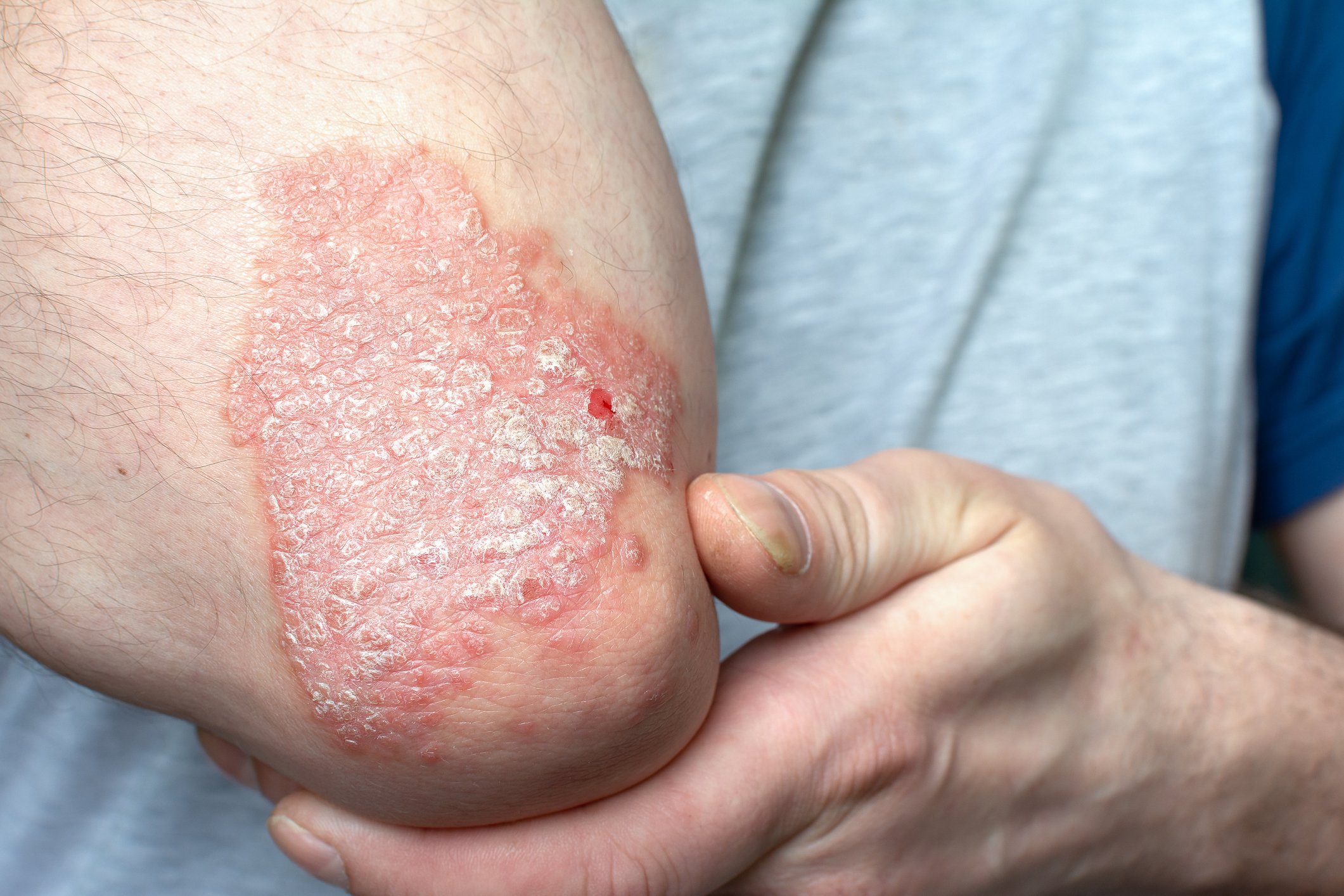What is standard practice in somatic medicine – guideline-based treatment recommendations for specific diseases – is relatively new in Swiss psychiatry. Although very good evidence-based algorithms exist for most mental disorders and are internationally established in clinical practice, the Swiss Society of Psychiatry and Psychotherapy (SGPP) [1] commissioned and published the first treatment recommendations, those for the somatic treatment of unipolar depression, only in 2010 [2].
This process cannot be overestimated, as the SGPP has thus initiated an important paradigm shift. For a long time, guidelines were experienced as a threat to therapeutic freedom in psychiatry and psychotherapy and were rejected. This is due, among other things, to the fact that mental illnesses are more difficult to grasp and less easily standardized compared to physical illnesses, and that hardly any simple clinically relevant biological markers and objective apparative diagnostic methods exist in psychiatry. The understanding of mental illness is subject to considerable discretion and interpretation; consequently, this also applies to the assessment of treatment success or the effectiveness of therapies. This is especially true for diseases whose treatment has a delayed effect, such as psychopathological improvement in depressive states or, to an even greater extent, long-term phase prophylaxis in bipolar disorders, which are the focus of this issue.
Treatment guidelines are usually developed based on the results of randomized, placebo-controlled, double-blind trials. Such clinical trials are complex and expensive and are usually only conducted when new drugs are introduced. They have to meet very high requirements of the registration authorities regarding standardization of diagnostics and treatment as well as homogeneity and selectivity of the patients studied and their diseases. This is where treatment recommendations reach their limits due to methodological considerations. Whereas in psychiatric practice we are confronted with patients suffering from complex heterogeneous clinical pictures, patients in phase III studies show homogeneous and circumscribed clinical pictures. Our patients are often characterized by psychological and physical comorbidities, have different treatment histories, or show resistance to therapy; also, our patients often come to our treatment already premedicated or with a comedication for physical ailments. Furthermore, treatment recommendations are only based on what has been studied in clinical trials. Treatments that have not been studied in clinical trials and thus can only be used off-label are not included in treatment recommendations, which does not mean that efficacy is lacking, it is simply not studied. Personal experience of the practitioner, patient preference, quality of the doctor-patient relationship, and other nonspecific efficacy factors may contribute significantly to treatment success, even if these are not captured in treatment guidelines.
Are therefore treatment recommendations, which have been developed on standardized disease patterns under less naturalistic circumstances, still relevant for practical treatment at all? The answer is clearly yes, provided they are taken for what they are. Guidelines summarize the available scientific evidence. As an algorithm, they define a therapeutic decision corridor within which an evidence-based therapy should generally move. In addition, guidelines show the strategic direction and thus help us not to lose sight of the goal and the way to achieve it. A good physician naturally enriches his therapeutic considerations with his clinical experience and adapts the treatment plan individually to the needs and peculiarities of the individual patient. It may also deviate from the treatment guidelines, provided it can be rationally justified. Thus, an ideal treatment benefits equally from the combined scientific evidence and medical experience, ultimately allowing a personalized therapeutic approach.
Cordial collegial greetings
Prof. Dr. med. Philippe Lyrer
Prof. Dr.
med. Erich Seifritz
Literature:
- In collaboration with the Swiss Society for Anxiety and Depression (www.sgad.ch) and the Swiss Society for Biological Psychiatry (www.ssbp.ch).
- Holsboer-Trachsler E, Hättenschwiler J, Beck J, Brand S, Hemmeter UM, Keck ME, Rennhard S, Hatzinger M, Merlo M, Bondolfi G, Preisig M, Attinger Y, Andreoli, Gehret A, Bielinski D, Seifritz E: The somatic treatment of unipolar depressive disorders, Part 1, Switzerland Med Forum 2010; 10: 802-809.











